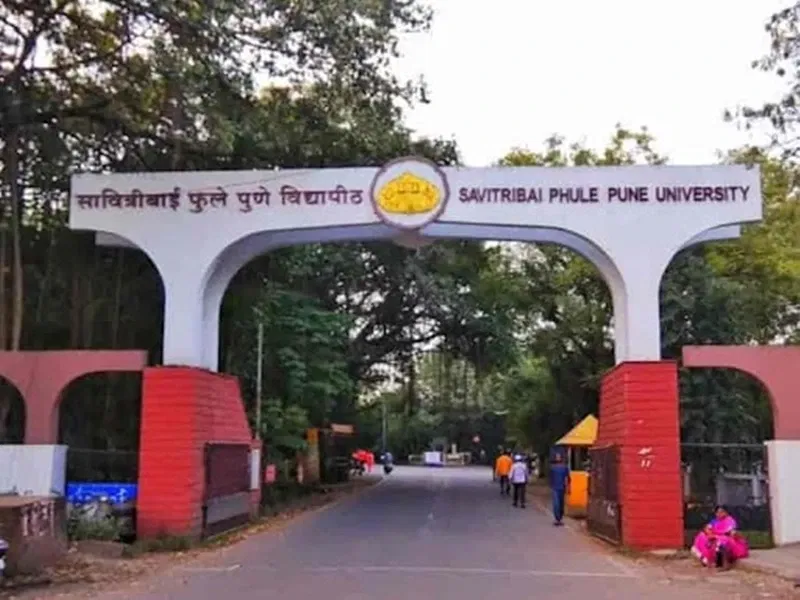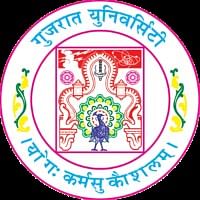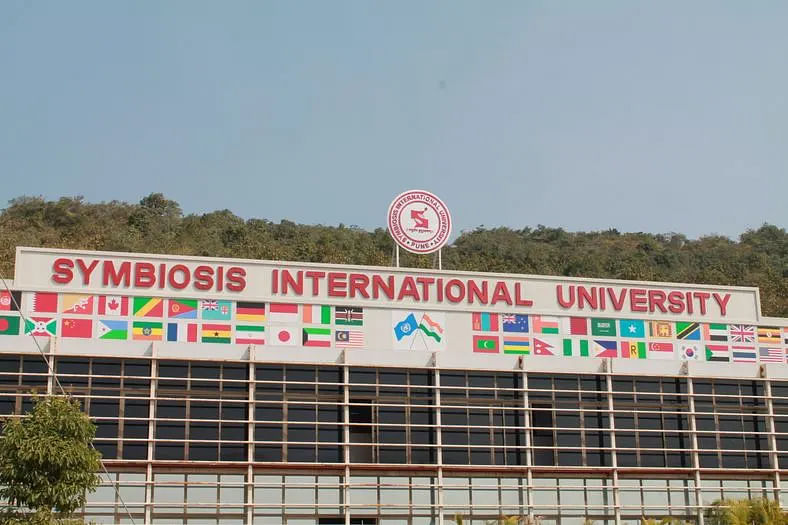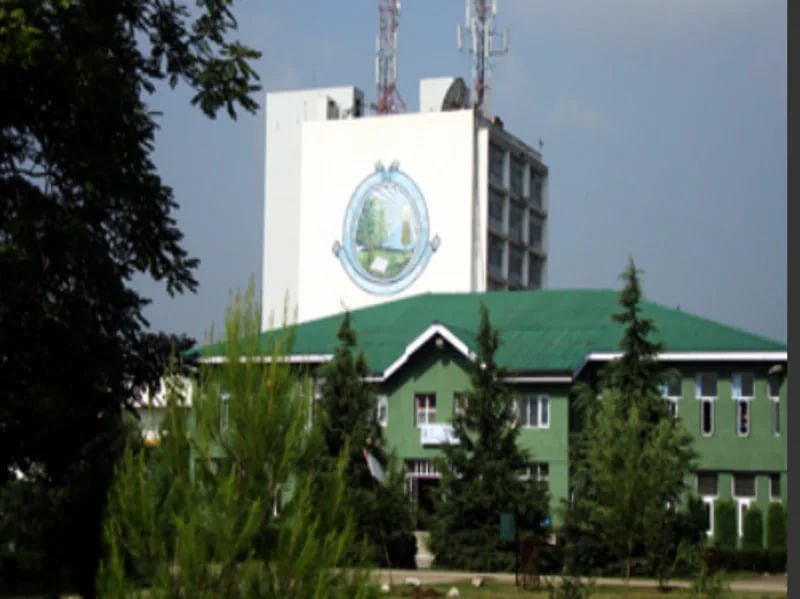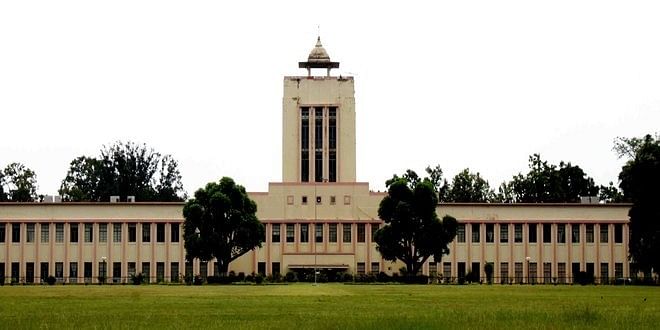M.Sc Geoinformatics Syllabus and Subjects

Master of Science in Geoinformatics is a two-year postgraduate course in information environmental science. The syllabus and subjects are divided into four semesters. The syllabus includes topics like Principles of GIS and GPS, Spatial Data Modelling and GIS applications, Cartography, Photogrammetry, Satellite Meteorology, Advances in Remote Sensing, along with Dissertation, Projects, and many more.
Semester Wise M.Sc Geoinformatics Syllabus
The M.Sc Geoinformatics course aims to ensure that the students have all the exposure in covering everything from an advanced and technical version of environmental technology. M.Sc Geoinformatics course is a comprehensive study about the study of problems related to environment and geoinformatics applications. Semester-wise M.Sc Geoinformatics subjects list are given in the table below:
|
Semester I |
Semester II |
|
Principles of GIS and GPS |
Spatial Data Modelling and GIS applications |
|
Principles of Cartography |
Technical Writing |
|
Principles of Remote Sensing |
Photogrammetry |
|
Research Methodology and Thesis Writing |
Law and Policy for maps and remote sensing |
|
Project Management |
Digital Image Processing and information extraction |
|
Fundamentals of Computers and Programming |
- |
|
Introduction to Sustainable Development |
- |
|
Applied Mathematics |
- |
|
Environmental Statistics |
- |
|
Semester III |
Semester IV |
|
Independent study |
Major Project |
|
Multivariate data analysis |
Environmental Management System
|
|
Environmental modeling |
Integrated Impact Assessment |
|
Minor Projects |
Groundwater Hydrology and Management |
|
Advances in GIS and current trends |
Advances in Remote Sensing |
|
Satellite Meteorology |
Integrated Watershed Management |
|
Wildlife Conservation and Management |
- |
|
Advances in GIS and Current Trends and Glacier Hydrology |
- |
M.Sc Geoinformatics Subjects
The M.Sc Geoinformatics course offers both theoretical and practical aspects of the study. M.Sc Geoinformatics subjects like Principles of GIS and GPS, Spatial Data Modelling and GIS applications, Cartography, Photogrammetry, Satellite Meteorology, Advances in Remote Sensing, Dissertation, Projects, and many more are taught in the course curriculum. The course curriculum includes core and elective subjects. The compulsory subjects include:
- Principles of GIS and GPS
- Environmental Statistics
- Environmental Management System
- Spatial Data Modelling and GIS applications
- Principles of Cartography
M.Sc Geoinformatics Course Structure
M.Sc Geoinformatics course structure includes both theory and practical papers aspects of the study. The course structure is made in such a way that both classroom training and practicals are included in the course curriculum. The course structure is given below:
- IV Semesters
- Core Subjects
- Elective Subjects
- Practicals
- Dissertation
M.Sc Geoinformatics Teaching Methodology and Techniques
The course curriculum takes into account different teaching methods. Classroom learning includes practical sessions for students who are passionate about the technology used in the environmental field and want to practice geographical indications and trackers professionally in the future. Listed below are the teaching methodology and strategies in general:
- Practical & Laboratory sessions
- Designing cost-effective and straightforward experiments.
- Guest Lectures, Seminars, and Workshop
- Group Assignment and Discussion
- Research & Development
M.Sc Geoinformatics Projects
Research Projects are given to students to understand the concepts and help students in getting hands-on experience. Projects or Dissertations are to be completed by the end of the fourth semester. Some popular M.Sc Geoinformatics projects topics are:
- Multimedia Gis Of Tourism Sites In Cross River State
- Application Of Remote Sensing And GIS In The Population Study
- Application Of Geographic Information System (GIS) In Management Of Distribution/Location Of Financial Institutions
- Production Of A Digital Topographical Plan Of The Methodist High School
M.Sc Geoinformatics Reference Books
M.Sc Geoinformatics books are available both online and offline by many authors and publications. Reference books are meant for gaining an in-depth understanding of concepts. Books on Geoinformatics for academic purposes differ according to subjects. Some of the reference books for the course in M.Sc Geoinformatics are:
| Books | Authors |
| The Esri Guide to GIS Analysis, Volume 1 | Andy Mitchell |
| Smart Geospatial Practices and Applications in Local Government |
David.A. Holdstock |
|
Learning Geospatial Analysis with Python |
Joel Lawhead |
|
GIS Mapping |
Jim Crume |
